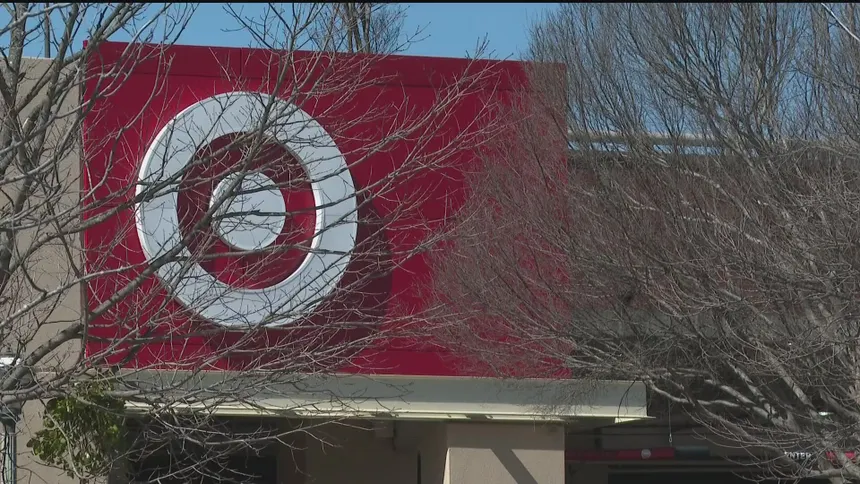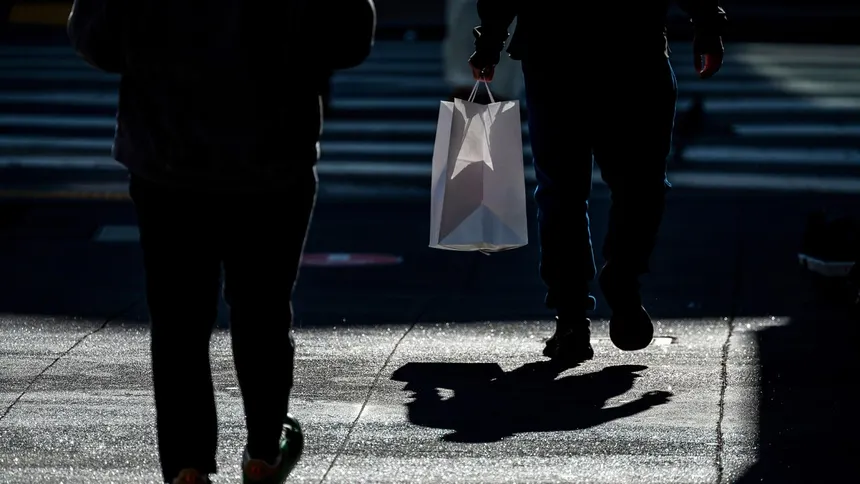A Day Without Spending
Imagine a day when millions of consumers refuse to spend a single dollar. That’s exactly what activists are pushing for with the Economic Blackout, a 24-hour consumer boycott aimed at fighting corporate greed and income inequality. Set for [DATE], this movement is gaining momentum as people rally to send a strong message to big businesses and policymakers.
Why Is the Economic Blackout Happening?
The boycott is designed to highlight growing frustrations over:
- Corporate Greed: Large companies continue to report record profits while keeping wages low.
- Income Inequality: The wealth gap between the rich and the poor keeps widening, with the top 1% controlling a disproportionate share of wealth.
- Rising Costs: Inflation has driven up prices of essential goods, but salaries have not kept up.
- Worker Exploitation: Many corporations underpay workers while executives take home millions in bonuses.
- Consumer Power: The movement wants to remind corporations that without consumers, they don’t make money.

How the Economic Blackout Works
The idea is simple: for 24 hours, people will not buy anything. This means:
- No shopping (online or in stores)
- No eating out or ordering food
- No streaming or digital purchases
- No gas, rideshares, or public transport spending
- No banking transactions (withdrawals, transfers, etc.)
Activists believe that even a short-term spending freeze can show businesses how much power consumers truly have.

Who Is Supporting the Movement?
Several organizations, activists, and everyday people are backing the Economic Blackout. Some of the most notable supporters include:
- Labor Unions – Advocating for fair wages and better working conditions.
- Consumer Advocacy Groups – Fighting against unfair pricing and corporate monopolies.
- Social Justice Organizations – Highlighting income inequality and corporate exploitation.
- Influencers & Celebrities – Using their platforms to encourage mass participation.
- Frustrated Consumers – Everyday people who are struggling with rising prices and stagnant wages.
What Impact Could the Boycott Have?
If enough people participate, the boycott could have several significant effects:
1. Financial Shock to Businesses
Even one day of reduced spending can cause noticeable drops in corporate earnings. Industries like retail, food, entertainment, and e-commerce could see millions in lost revenue.
2. Public Awareness & Pressure on Corporations
If major news outlets cover the event and social media trends explode, businesses will have to address consumer demands.
3. Policy & Wage Changes
The movement could push corporations and lawmakers to enact fairer wage policies, better working conditions, and regulations against corporate monopolies.

Challenges and Criticism
While many support the Economic Blackout, some critics argue:
- It’s Just One Day – A single-day protest may not be enough to create long-term change.
- People Will Spend More Before/After – Some argue that consumers will simply shift their spending instead of actually cutting back.
- Small Businesses May Suffer – Unlike big corporations, local businesses could face unintended financial strain.
- Corporate Loopholes – Large corporations may absorb the short-term losses without making real changes.
Despite these concerns, organizers believe that the collective action of millions will still make a bold statement.
How to Participate in the Economic Blackout
Anyone can join the movement by following these steps:
1. Commit to No Spending for 24 Hours
Make sure to buy any necessary items in advance and avoid making purchases for the day.
2. Spread Awareness
Use social media hashtags like #EconomicBlackout, #BoycottCorporateGreed, #IncomeEqualityNow to encourage others to participate.
3. Educate Yourself & Others
Learn about income inequality, corporate exploitation, and economic justice.
4. Support Ethical Alternatives
Consider shifting your spending habits to companies that prioritize fair wages, ethical sourcing, and sustainability.
Conclusion: Will the Economic Blackout Succeed?
The Economic Blackout is a bold attempt to hold corporations accountable and demand fairer economic practices. Whether it leads to significant policy changes or not, it’s an opportunity for consumers to unite and use their collective power.
Will businesses finally listen? That remains to be seen. But if enough people participate, this could be the beginning of a larger movement for economic justice.
Do Follow USA Glory For More Updates.






